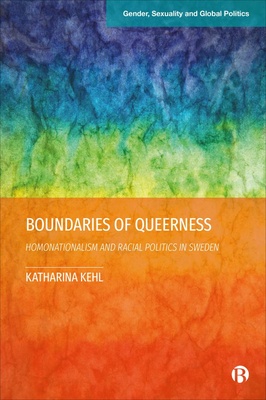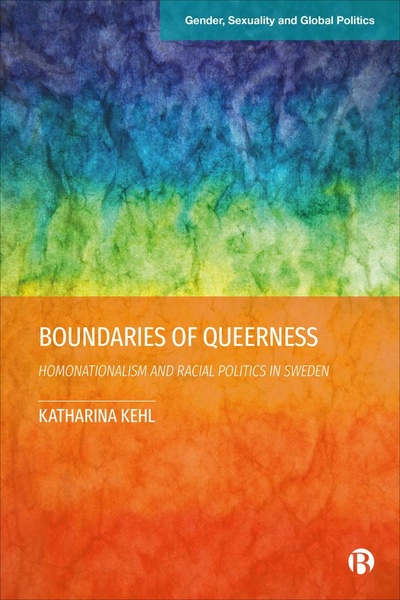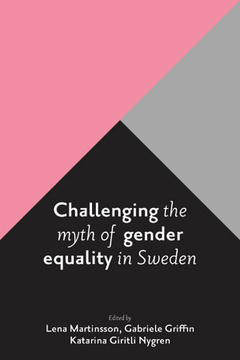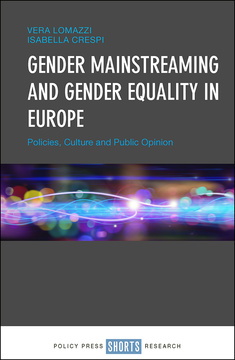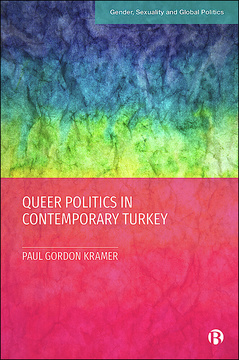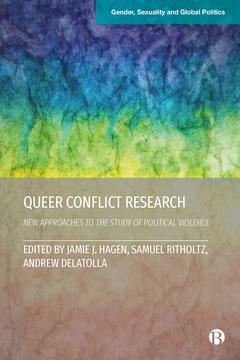ISBN
978-1529223521Dimensions
234 x 156 mmImprint
Bristol University PressISBN
978-1529223538Dimensions
234 x 156 mmImprint
Bristol University PressISBN
978-1529223538Dimensions
234 x 156 mmImprint
Bristol University PressOver recent decades, LGBTQ people have successfully fought for civil and reproductive rights across Western states, including the right to marry, have children and serve openly as public servants and in the armed forces. Internationally, states have started to use their stance on homonormativity to position themselves as progressive.
This book provides new insights into the role played by race, sexuality, and gender by analysing contemporary constructions of Swedishness through LGBTQ rights by using three specific case studies:
•a “pride parade” organised by the Swedish populist right;
•Swedish Armed Forces’ marketing material;
•a social media account by and for racialised LGBTQ people.
“Boundaries of Queerness navigates the interplay between race, nationhood, and sexuality. Through illuminating case studies in Sweden, Kehl both unveils and dismantles homonationalist narratives, offering critical insights into the complexities of LGBTQ politics and the challenges faced by marginalized communities. Its lessons about the constructions of nationhood and non-belonging are far-reaching – relevant for Sweden and beyond.” Phillip Ayoub, University College London
Katharina Kehl is Lecturer in the Department of Gender Studies at Lund University. Her research focusses on questions of gender, sexuality and migration, and the othering of groups and individuals along these lines.
1. Introduction
2. Homonationalism Revisited: Gay Rights and Queer Complexities
3. Theoretical Explorations I: Boundary Making and Intelligibility
4. Theoretical Explorations II: Racialization
5. The How To: Queer and Feminist Methodology
6. Pride Järva: LGBTQ People in Right–Wing Nationalist Discourses
7. A Flag Worth Defending? Rainbows, Pride and the Swedish Armed Forces
8. Racialized Grids of Intelligibility in Swedish LGBTQ Contexts
9. Conclusions and Ways Ahead







